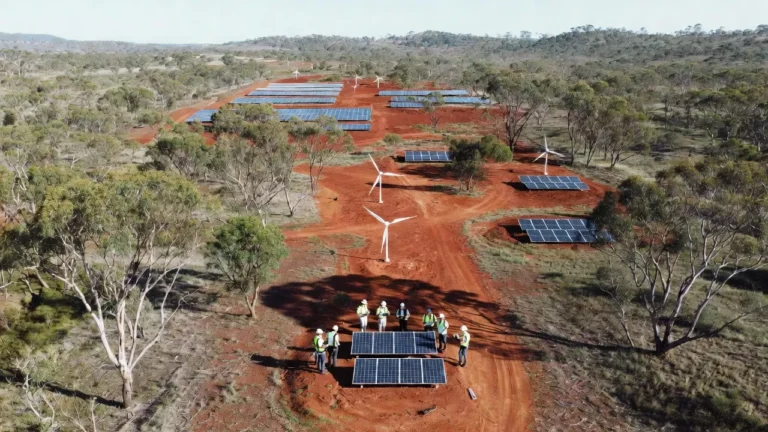
Houston-based W&T Offshore, Inc. an independent oil and gas producer, has filed a federal lawsuit to challenge what it describes as collusive and excessive demands from a group of insurers. The insurance companies are seeking $250 million in additional collateral for bonds that W&T has already contracted and paid premiums for, backing its offshore production activities.
The dispute stems from federal rules established by the Bureau of Ocean Energy Management (BOEM). These rules require energy producers operating in the Outer Continental Shelf to provide bonds ensuring cleanup costs for wells, platforms, pipelines, and facilities in the event of abandonment or default. Historically, the federal government has never been forced to cover such costs in over 70 years of Gulf of Mexico production operations.
However, BOEM recently proposed requiring additional bonds from small and mid-sized operators like W&T. According to the lawsuit, this regulatory shift gave insurers leverage to demand higher collateral. W&T alleges that its surety providers, including Endurance Assurance Corp., owned by Japanese insurance firm Sompo, and others, acted in concert to impose unreasonable collateral requirements.
Insurers’ Collateral Demands and Legal Action
In July 2024, one of W&T’s insurers demanded an additional $89 million in collateral, followed by a lawsuit in November seeking $93.5 million. Other surety companies quickly followed suit, demanding full collateralization of their bonds. This occurred despite W&T maintaining a spotless payment record.
“These insurance companies and their unreasonable demands for increased collateral pose an existential threat to independent operators like W&T,” said Tracy W. Krohn, CEO of W&T Offshore.
Krohn likened the demands to an auto insurer suddenly requiring a customer to provide the full cash value of their car in addition to paying double or triple the existing premium. “It is just not possible or practical—nor fair,” he said. Krohn argued that such demands undermine the purpose of paying premiums in the first place, rendering the insurers’ obligations effectively meaningless.
Allegations of Collusion and Antitrust Violations
W&T’s amended lawsuit, initially filed in August 2024, accuses five insurers of conspiring to impose unjustified collateral and premium increases. The complaint includes allegations of:
- Price-fixing: Collusion among insurers to arbitrarily raise collateral and premiums.
- Antitrust violations: Breaches of the Texas Free Enterprise and Antitrust Act.
- Tortious interference: Disruption of existing contracts.
- Violations of the Texas Insurance Code: Including bad faith and unfair practices.
The lawsuit asks the federal court in Houston to block the insurers’ demands and award damages to W&T for the financial harm caused.
Industry Implications and Regulatory Challenges
W&T argues that it already maintains valid bonds to cover potential cleanup costs for its offshore operations, ensuring compliance with BOEM regulations. The company contends that the insurers’ demands are not only excessive but also threaten the viability of independent energy producers.
Several states, including Texas, are also challenging the BOEM rule in separate cases, citing W&T’s situation as an example of how the regulation could unfairly harm energy producers.
Krohn expressed hope that the court would recognize the insurers’ demands as improper and stop their “arbitrary extortion” of additional premiums and collateral. “We hope to protect not just W&T, but also other independent operators from these unfair and crippling practices,” he said.
The outcome of this lawsuit could set a precedent for how insurers and regulators interact with smaller energy producers, shaping the future of offshore operations in the Gulf of Mexico and beyond.










